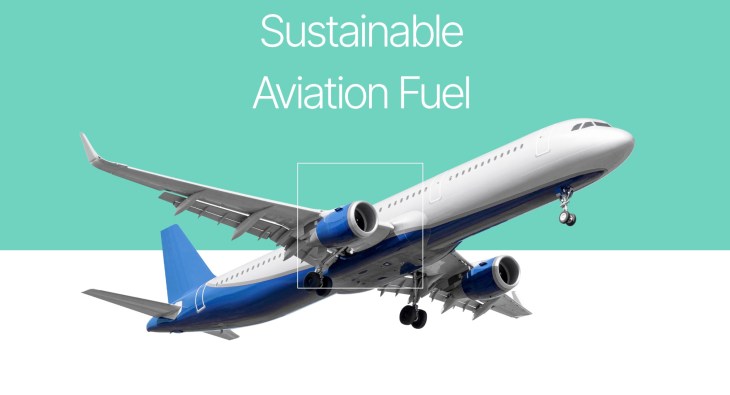
Metafuels sets out to change the landscape of sustainable jet fuel, and has just picked up an $8 million suitcase from baggage carousel 3 at its local ZRH. Ahh, Zurich. The company is making the sky green — literally — with its new fuel, which it calls aerobrew. Sure, it sounds a little like a French press or maybe a boomerang, but the company has a couple of tricks up its sleeve, creating sustainable aviation fuel made using renewable electricity — eSAF, among friends.
The company is focusing on jet fuel as its primary output, buying a ticket to make jet fuel conforming to aviation standards. That’s a tall order: The fuel has to operate in all sorts of inhospitable environments — in the freezing cold of the high and blue, the sweltering heat of a Houston airstrip and everything in between.
“Operational safety is paramount from fuel handling on the ground to high-altitude combustion performance,” notes Leigh Hackett, co-founder and CCO at Metafuels.
The company is aiming to produce a viable 100% synthetic jet fuel substitute by 2030, which it says will integrate seamlessly into existing global renewable energy systems, providing an energy solution that operates outside of traditional fossil fuel supply chains. Competitors in this space include LanzaJet.
The fresh $8 million investment is a significant boost to Metafuels’ ambitious plans. The company sees the rising cost of conventional fuels, impending environmental taxation and increasing stakeholder pressure for sustainability as factors that will offset the initial production costs of its ISAF. The round was led by Energy Impact Partners and Contrarian Ventures.
Metafuels’ eSAF technology enables a seamless transition away from fossil-based kerosene using a process they developed to convert green methanol to eSAF. Methanol, in turn is produced from hydrogen (H2) and sustainably sourced carbon dioxide. Green H2 can be generated from water electrolysis driven by renewable electricity, and CO2 can be captured from biogenic sources, including waste and residue in the short-term. The long-term plan is to start direct air capture, which seems wonderfully poetic to me: Capture gas, put it into planes, which fly through the air and put it back into the air.
It might make for an interesting stepping stone until battery or hydrogen-powered planes take off in earnest — the magic of Metafuels’ aerobrew is that it can fuel aircraft without modifications, the company says.
“Once we get past the building blocks of selecting sustainably sourced carbon and hydrogen, we’re into relatively straightforward though groundbreaking technology to convert those components into jet fuel.” says Saurabh Kapoor, CEO and co-founder of Metafuels. “Then, because it’s a form of kerosene, you can use the same pipelines, infrastructure, storage, transportation and aircraft.”
techcrunch.com




